Scientists have identified 14 human-caused threats to beaked whales. These threats range from climate change to plastic pollution. Even these isolated creatures are not immune to human impact.
The study highlights the pervasive reach of human influence on marine life.
Did you know? Beaked whales can dive deeper and longer than any other marine mammal, reaching depths of up to 3,000 meters.
Climate Change Endangers Ocean Giants
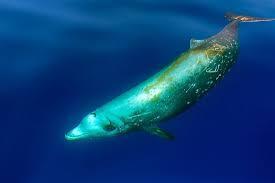
Climate change poses a serious threat to beaked whales. Ocean acidification and marine heatwaves disrupt their habitats. These changes affect their food sources and migration patterns.
The long-term effects on whale populations remain uncertain.
Stat: Ocean acidity has increased by about 30% since the beginning of the Industrial Revolution.
Military Sonar Causes Fatal Strandings

Military sonar is classified as a serious threat to beaked whales. It has caused fatal mass strandings in eight species globally. The intense sound waves disorient the whales, leading them to beach themselves.
This threat highlights the unintended consequences of human activities on marine life.
Historical fact: The first documented case of sonar-related whale stranding occurred in the Bahamas in 2000.
Plastic Pollution Reaches Deep Oceans
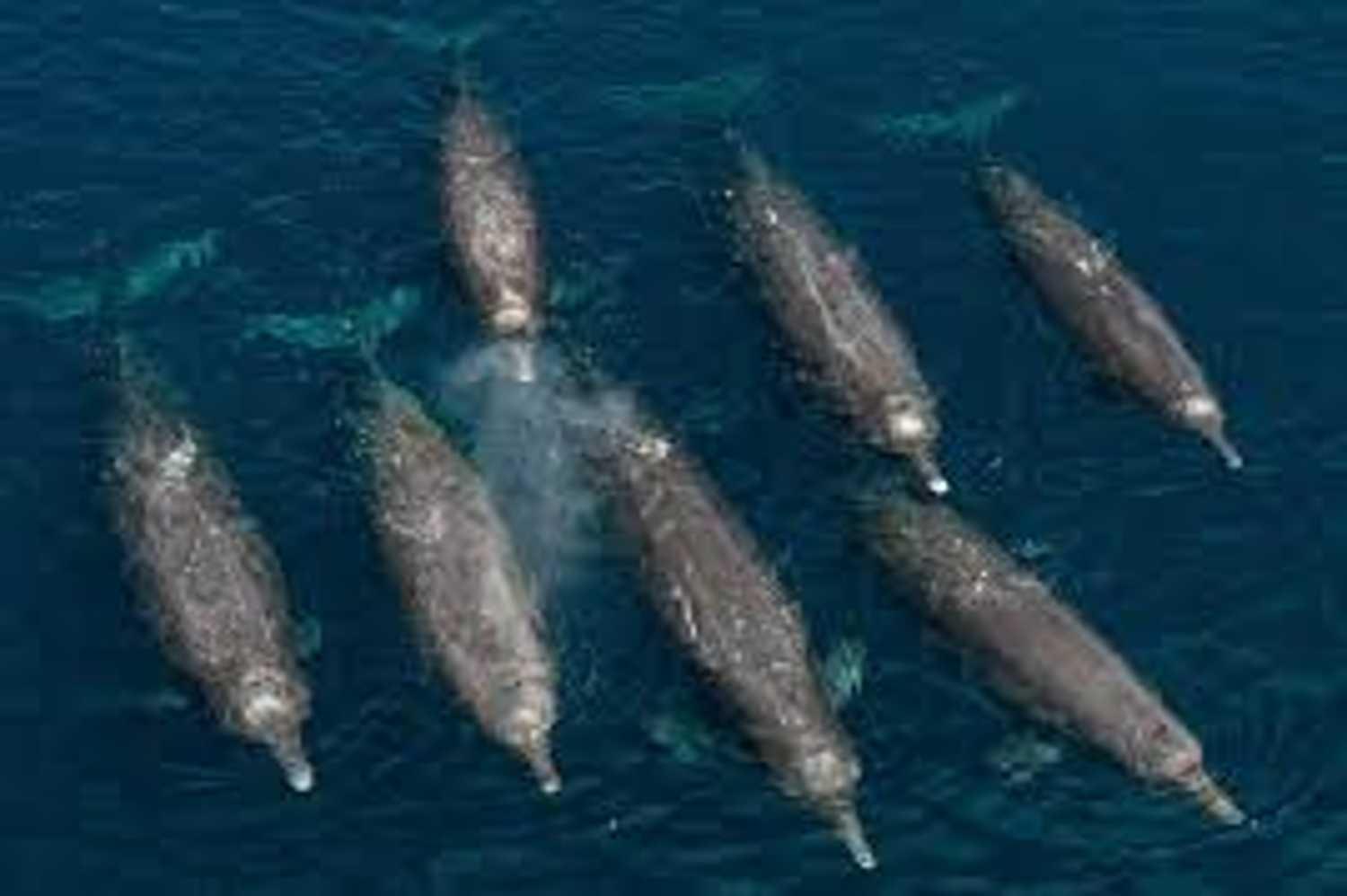
Plastic pollution affects even the most isolated whale species. Beaked whales can ingest or become entangled in plastic debris. This pollution reaches the deepest parts of the ocean.
The study underscores the need for urgent action on plastic waste.
Stat: An estimated 8 million metric tons of plastic enter the oceans each year.
Oil Spills Threaten Whale Habitats
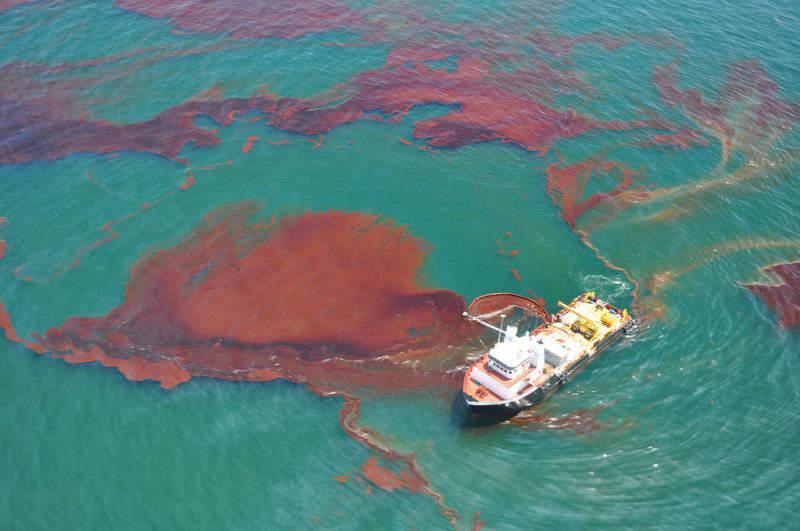
Oil spills pose a serious risk to beaked whales. They can contaminate vast areas of ocean habitat. Whales may ingest oil or suffer skin irritation from contact.
The long-term effects of oil exposure on whale populations are still being studied.
Did you know? The largest oil spill in history, the Deepwater Horizon disaster in 2010, released an estimated 4.9 million barrels of oil into the Gulf of Mexico.
Whaling: A Persistent Historical Threat
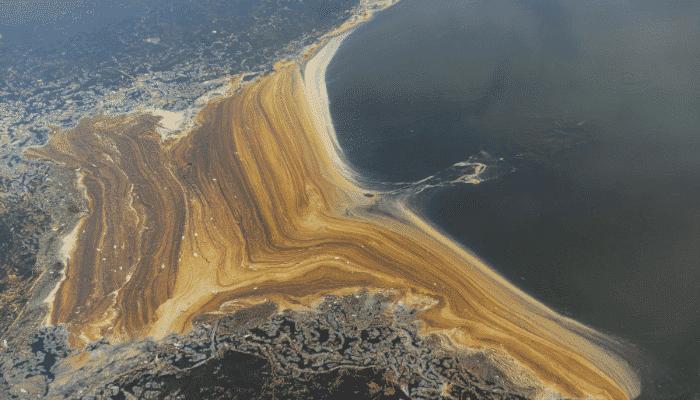
Whaling, though reduced, remains a threat to beaked whales. Some countries continue to hunt whales for commercial purposes. Historical whaling has significantly impacted whale populations.
Recovery from past whaling practices is slow for many species.
Historical fact: Commercial whaling was banned internationally in 1986, but some countries continue under scientific research exemptions.
Beaked Whales: Elusive Deep-Sea Dwellers
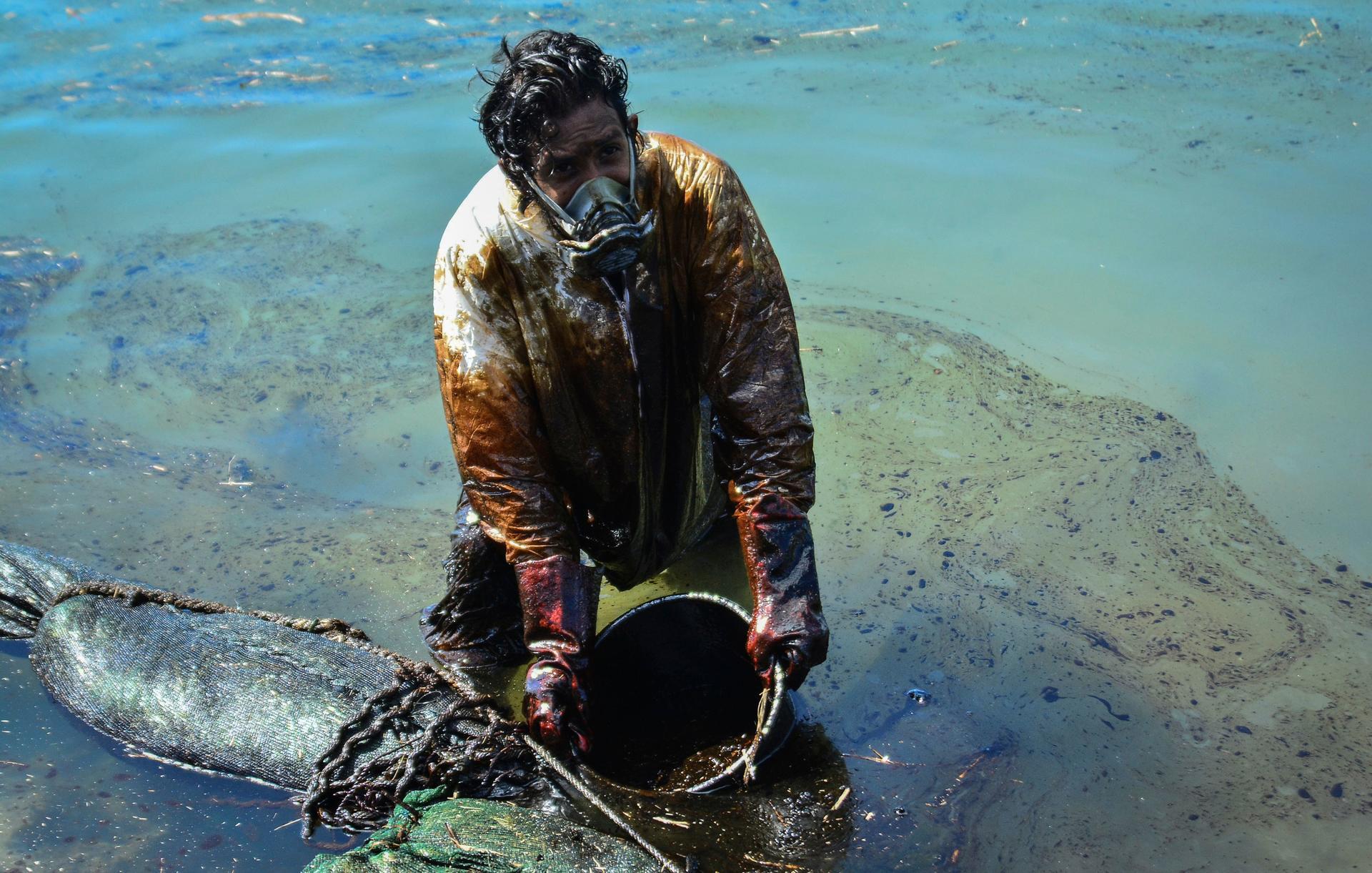
Beaked whales are among the least encountered mammals. They live in every ocean on Earth. Their deep-sea habitat has kept them isolated from humans.
This isolation makes studying and protecting them challenging.
Stat: There are 24 known species of beaked whales.
Human Activities Disrupt Whale Behavior
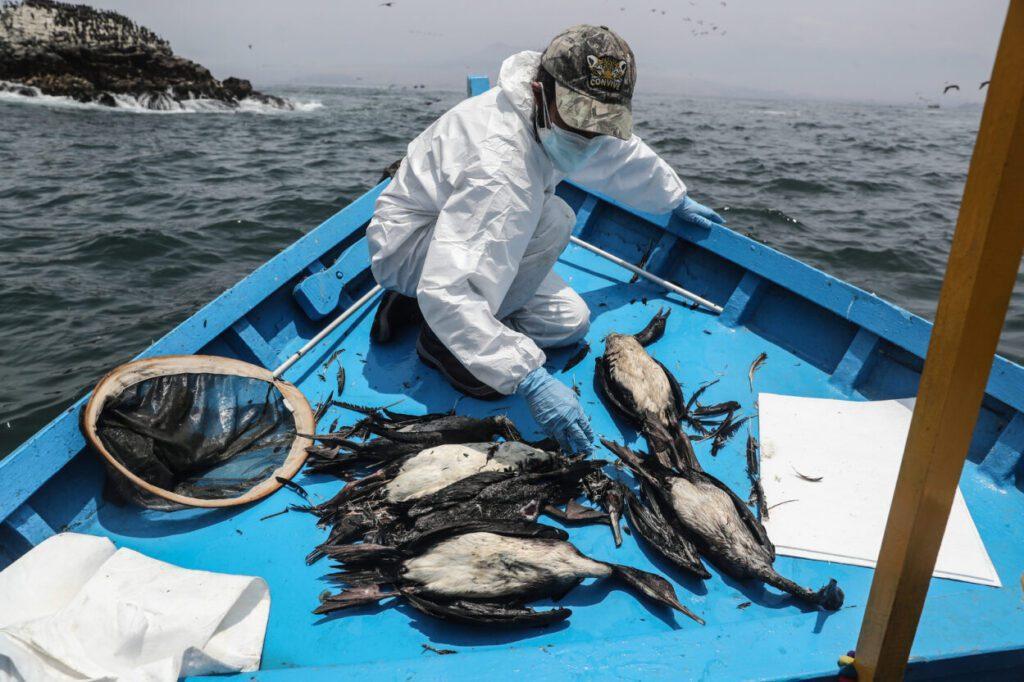
Human activities affect whale migration and reproduction. Noise pollution disrupts their communication and navigation. Habitat destruction impacts their feeding grounds.
These disturbances can have long-term effects on whale populations.
Did you know? Some beaked whale species are known to produce the loudest sounds in the animal kingdom, reaching up to 230 decibels underwater.
Sixth Mass Extinction Looms Large
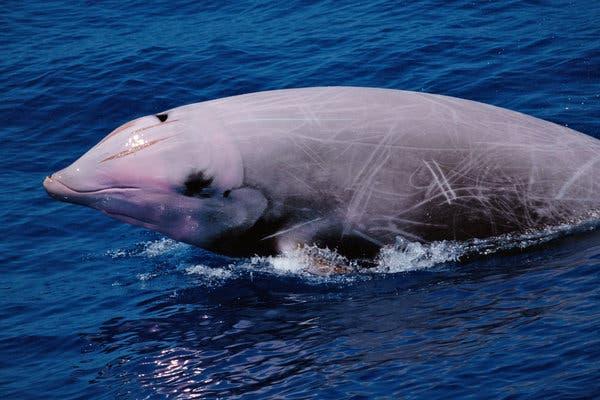
The planet is experiencing a sixth mass extinction event. This event could cause the death of half of all living species. Human activities are driving this extinction.
Beaked whales serve as a warning for the broader impact on biodiversity.
Historical fact: The last mass extinction, which wiped out the dinosaurs, occurred about 66 million years ago.
Conservation Efforts Need More Data
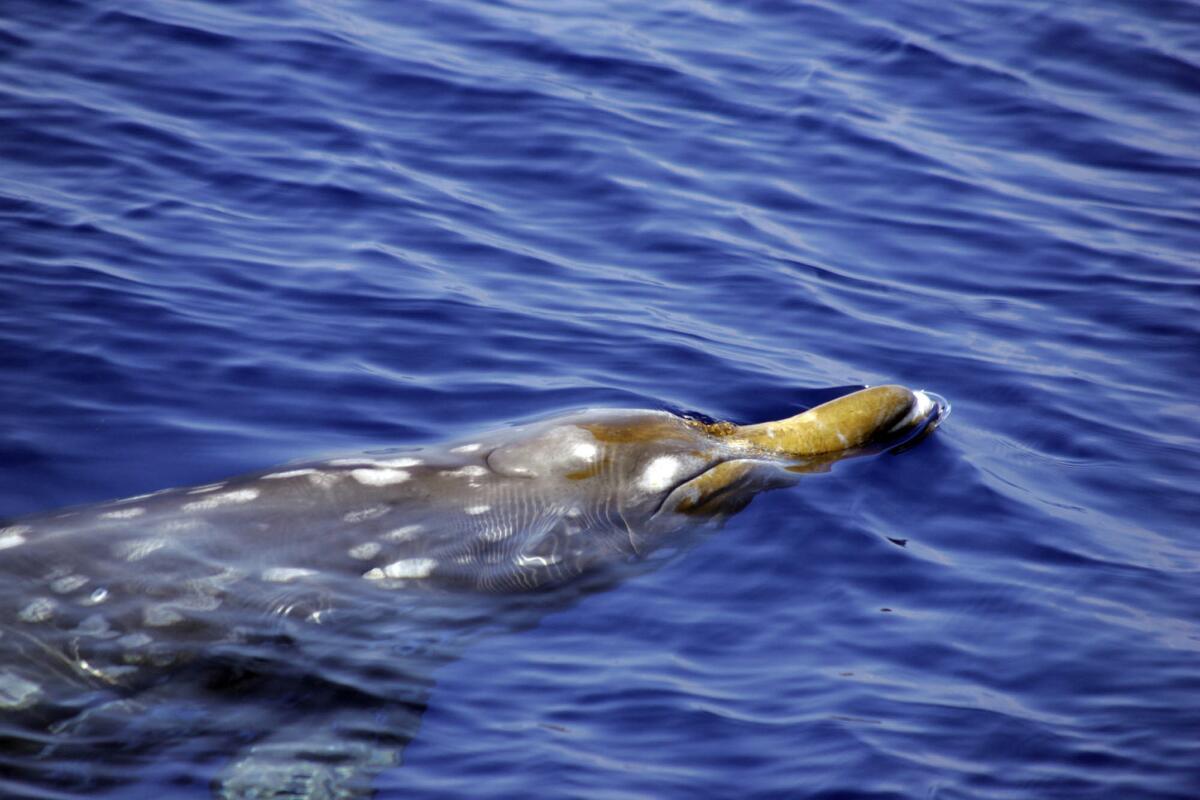
Scientists call for further study of beaked whales. More data on their populations and behavior is needed. This information would help develop effective conservation strategies.
Monitoring human activities affecting whales is crucial.
Stat: Only about 5% of the world’s oceans have been explored and mapped.

